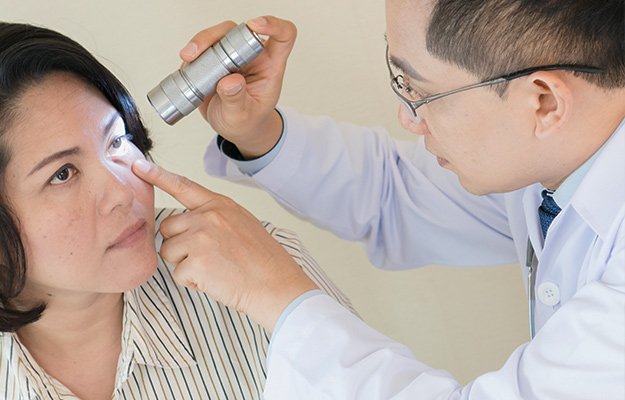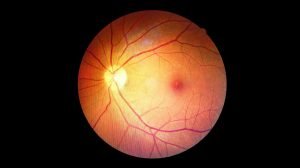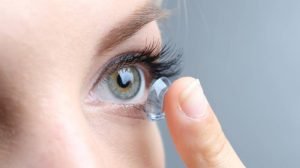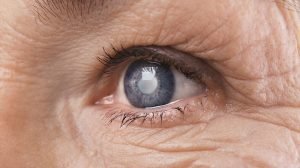With chronically elevated blood sugar levels or regular spikes in blood glucose, your eyes are very much at risk to be affected by diabetes complications, called diabetic retinopathy.
If left undiagnosed and untreated, the condition can result in permanent vision loss. With early detection and prompt intervention, diabetic eye disease can be controlled and treated.
Diabetic eye screening is highly advised for diabetics because it’s essential for early detection and prevention of vision loss and even reversing some retinal changes.

The Causes of Diabetic Retinopathy
Diabetic retinopathy is a common diabetes-related complication that impairs the vision of diabetics.
30% of diabetics are affected by some form of diabetic retinopathy
Why does it happen?
High blood sugar levels damage the small blood vessels in the retina. This damage might lead to the swelling and leaking of the blood vessels or it might lead to blockage and thus hindering the blood and oxygen supply to the retina.
Elevated blood glucose can also lead to the growth of abnormal blood vessels on the retina. These new blood vessels are of bad quality, leading to more swelling and leakage.
There are two stages of diabetic retinopathy: early and advanced diabetic retinopathy.
Symptoms of Diabetic Retinopathy
Diabetic retinopathy is asymptomatic or has no noticeable symptoms in the early stages. This is why most diabetic people tend not to be wary of their eye health issues.
However, the condition is progressive with the following symptoms. The symptoms usually appear in both eyes:
- Fluctuating vision
- Dark or blank spots
- Increasing numbers of floaters
- Blurry vision
- Problems seeing in the dark
The Importance of Diabetic Eye Screening

With no or just minor symptoms in the early stages, untreated diabetic retinopathy puts people with diabetes at greater risk of vision loss.
Health experts encourage people diagnosed with diabetes to have annual diabetic eye exams. This non-invasive routine eye test allows ophthalmologists to detect early changes in the retina’s blood vessels. Early changes are easier to treat, and this can prevent the condition from worsening.
Yearly eye screenings are recommended for people with type I and type II diabetes.
What to Expect During A Diabetic Eye Screening?
A diabetic eye exam is a non-invasive, quick, and painless exam.
You will receive drops in your eyes to dilate your pupil, allowing your ophthalmologist to look inside your eye with a special lens.
Your doctor might also do an OCT (Optical Coherence Tomography) to evaluate your retina.
This machine scans and takes pictures of your retina. An OCT angiography takes detailed pictures of the blood vessels to show blockage or leakage.
It’s important to note that you can expect to experience blurred vision for a few hours after the exam due to pupil dilation. So you may ask friends or family members for extra support after the appointment.
If you are diagnosed with diabetes and want to take good care of your eye health, get a diabetic eye screening today!
Every patient deserves top-quality eye care from us. European Eye Center focuses on providing Western-standard services and determining appropriate treatment plans to help patients restore their vision in a feel-like-home atmosphere.
We are happy to help if you have questions about diabetic eye screening. Don’t hesitate to connect with us at appointment@europeaneyecenter.com.
Contact us today to schedule an eye care service!







